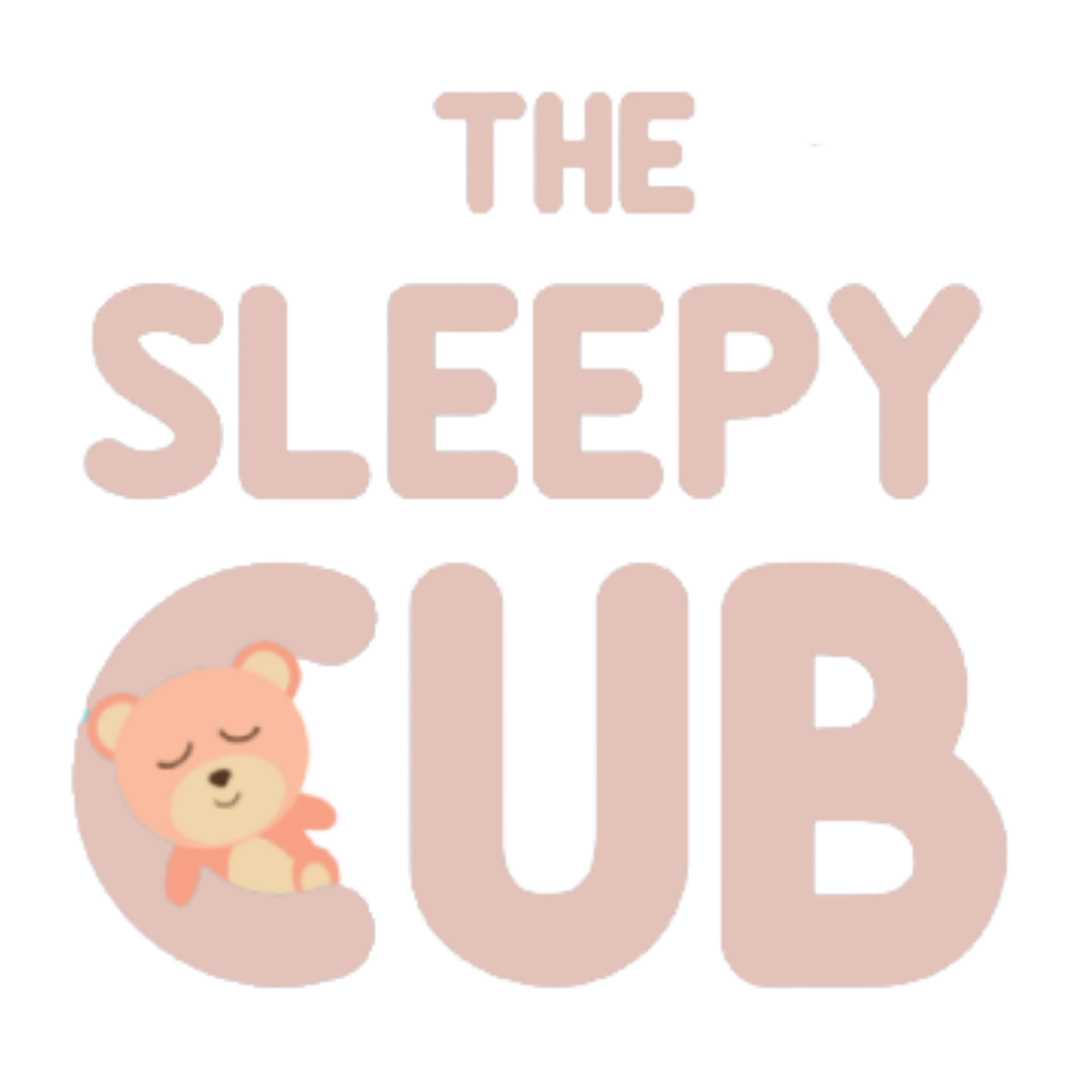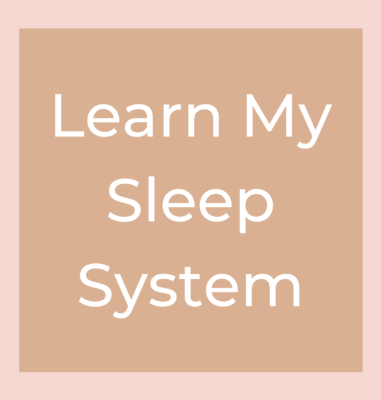Parents often wonder: does sleep training damage babies? Despite the controversy surrounding its name, sleep training is a safe and effective way for babies to learn how to soothe themselves at night. Here’s why.
If you are a new parent, your sleep has been disturbed for at least the last six months. And it’s not just because of your baby who wakes up every hour on the dot and refuses to go back to sleep.
It’s also because of all the worrying related to sleep training:
Does sleep training damage babies?
As it turns out, there are many reasons why sleep training is entirely safe for your baby and will not damage his health in any way.
In this blog post, we’ll look into some of the most reliable studies and answer the most common questions parents have regarding sleep training.
Let’s dive in!
There’s no evidence of negative effects
One study, published in the journal Pediatrics, analyzed infant stress in 43 infants that were sleep trained by using two of the most popular sleep training methods, graduated extinction and bedtime fading.
The study found that the two methods provide significant sleep benefits and don’t lead to increased infant stress. Additionally, the study concluded that sleep training didn’t have any effect on parent-child attachment.
Another five-year study tried to determine whether infant sleep training programs have any long-term negative effects, including childhood mental health, sleep quality and disorders, psychosocial functioning, and stress tolerance.
The study also analyzed the effects sleep training has on the child-parent relationship, the mother’s mental health, and parenting styles.
It was concluded that sleep training programs don’t have any negative effects on a child’s health. In fact, it reassures parents that they can use these methods to help their child establish healthy sleep habits.
Sleep training can be good for the mother, too
The same five-year study found that sleep training can help with maternal depression, which is a major problem in parents with children who don’t sleep through the night.
Maternal depression is often a result of sleep deprivation. In fact, poor sleep can prolong postpartum depression in mothers.
In short, sleep deprivation is a condition that appears when a person gets less sleep than they need to feel awake and alert.
This is not shocking news.
Studies have shown that roughly 50% of all parents with children six months or younger get just one to three hours of uninterrupted sleep a night.
There’s evidence that suggests that, apart from maternal depression, sleep deprivation can have other serious long-term negative consequences such as:
- fatigue
- moodiness
- irritability
- difficulty concentrating
- difficulty learning new concepts
- forgetfulness
- lack of motivation
- clumsiness
Sleep training can be one of the best things mothers can do for their long-term well-being. By teaching your baby how to fall asleep on his own, you’ll get that much-needed sleep yourself.
In fact, being a well-rested person can also make you a better parent. You’ll have all the energy and concentration you need to perform your daily tasks with ease.
Most common questions parents have
What if my child is still feeding at night?
If your child is developing well and is formula-fed, the good news is that you can stop with the night feeds by six months. If he’s breastfed, you can continue with the night feeds for a while longer, but generally, breastfed children don’t need night feedings past the age of 9 months. If your child is falling asleep on his own at night but wakes to feed, you may want to consider weaning at night.
What if the baby sleeps in the same room with her sibling?
As sleep training involves some crying, it’s best that your infant sleeps in her own room. Having her sleep in the same room as your older child may only result in having two of your children awake at the same time.
What about sleep training while co-sleeping?
In the U.S., bed-sharing with a newborn is a growing trend. Every year, more moms are opting to share a bed with their infants. In fact, the trend had grown from 6% in 1993 to 24% of parents in 2015. But the American Academy of Pediatrics doesn’t accept the trend. According to the Academy, parents should avoid bed-sharing. More specifically, it advises against sleeping with babies who are younger than three months old. Co-sleeping with your baby is not recommended if parents are excessively tired or have been using alcohol or medication.
Final word
The question of whether sleep training causes problems in babies has been the subject of much debate. All the content in this blog post is drawn from detailed research on the subject, some of which has been published by high-authority sources like the Harvard Medical School and in the official journal of the American Academy of Pediatrics. It’s important to get educated on the topic of sleep training as much as you can so you can decide if it’s right for your family.


